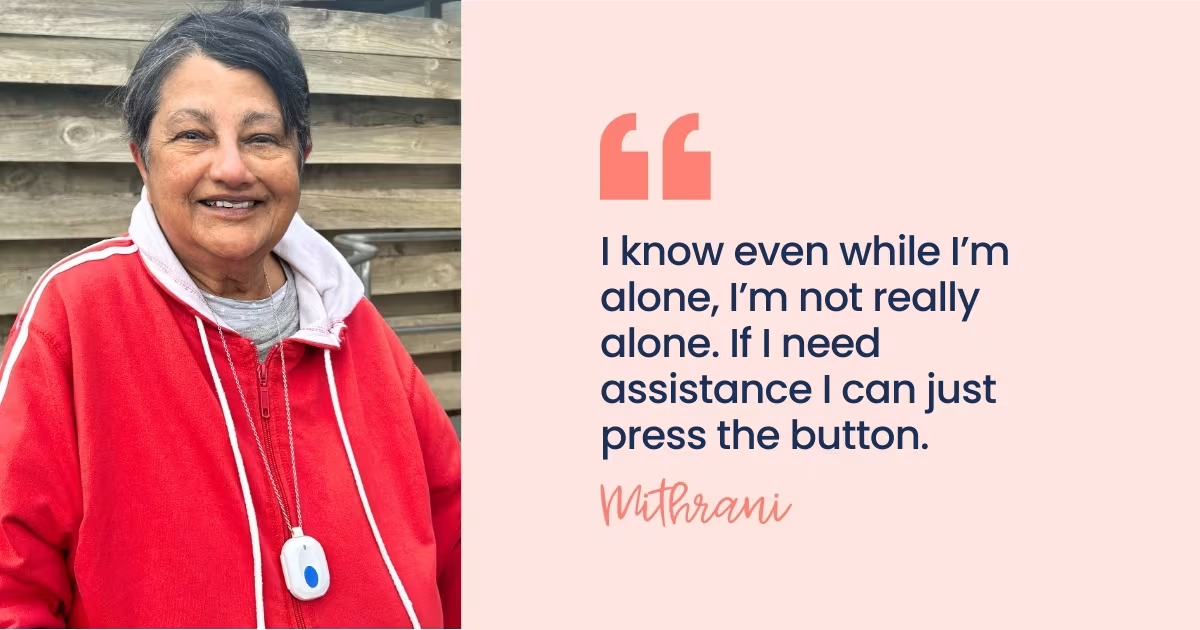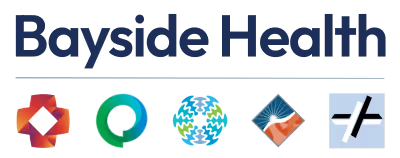Supporting Independence and Safety: Why OT Nikki Recommends MePACS

Nikki is an occupational therapist working in a rehabilitation setting at Peninsula Health. Her role focuses on helping older adults, people living with disability, and those recovering from falls or strokes regain independence and re-engage in meaningful daily activities. A key part of her work involves assessing patients’ home environments and recommending modifications or assistive equipment to support safe, long-term living at home and in the community.
To ensure patients safety once they return home, Nikki recommends MePACS — a service that provides 24/7 monitoring with fast, reliable help in emergencies. “When patients are discharged, MePACS offers peace of mind,” she explains. “Family members can't always be there to help their loved one so it really can give them a sense of safety and security when they go home.”
Nikki highlights that staying active and socially connected is vital for recovery and wellbeing. That’s why she suggests the MePACS Mobile alarm for people who are active in the community. “It’s something patients can take with them, which supports their independence and confidence,” she says. I’ve often had patients tell me that the MePACS personal alarm has been a lifesaver for them, because they were able to get the help that they needed in a timely fashion,” she added.
She’s also seen the consequences when help isn’t available, with patients who have unfortunately been left lying on the floor for hours, or even days. “I've seen patients come in who have had this happen and it's really awful. MePACS really gives patients a quicker response as it allows a real person to answer the call from that patient in distress and respond to it quickly with the right help.”
In Nikki's experience as an Occupational Therapist, the value of a monitored personal alarm service is clear. “MePACS is a monitored service 24 hours a day, 365 days a year, which means that you can rely on them for help any time of the day or night."

.jpg)

.jpg)
